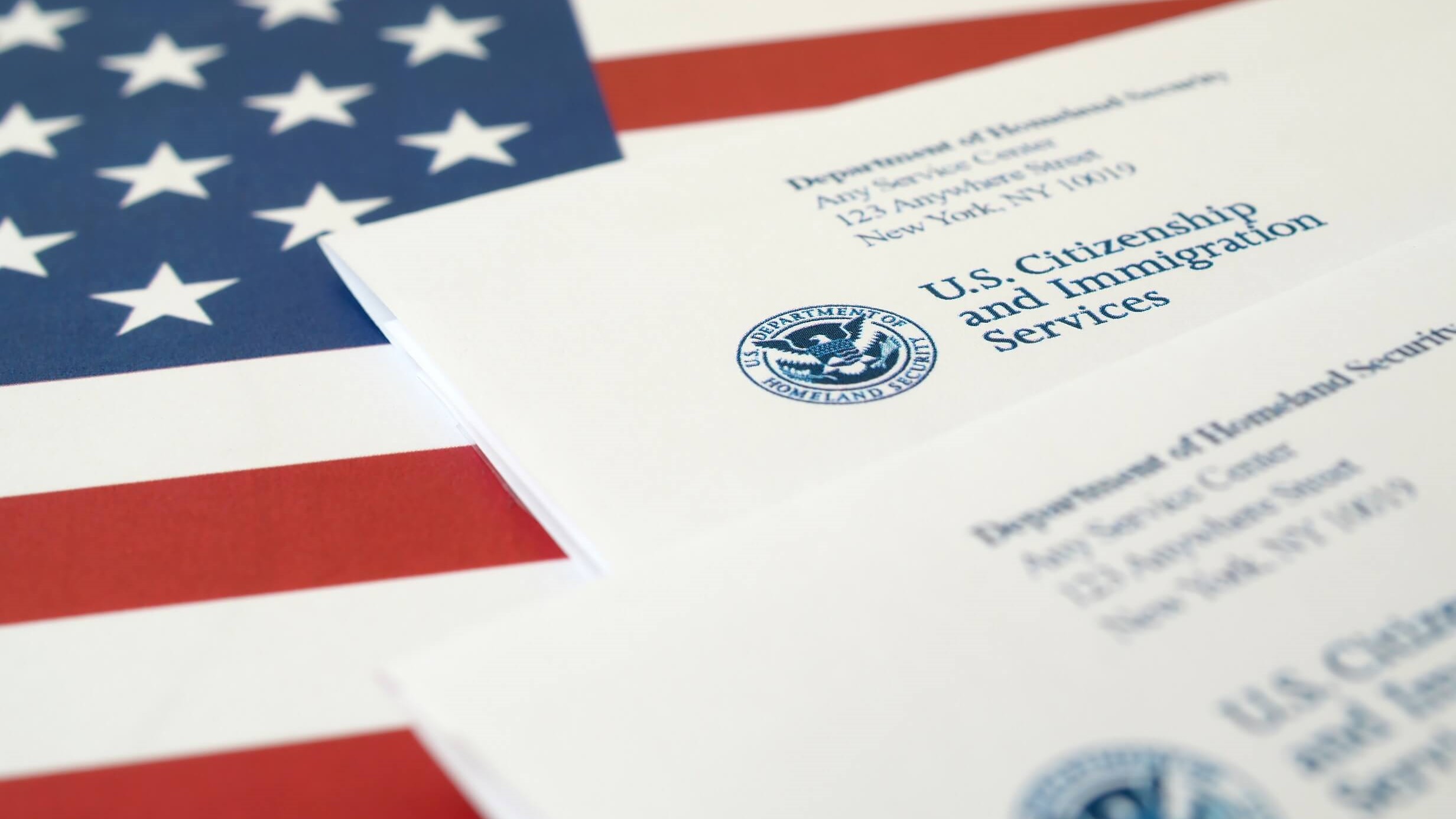The Violence Against Women Act (VAWA) provides essential protection for immigrants in toxic relationships with a U.S. citizen or green card holder. VAWA allows both men and women to self-petition for legal immigration status independently of their spouse, whether they are currently living with their spouse, whether they are separated from their spouse, or whether they have divorced their spouse within the last two years. However, a critical aspect of this process involves the U.S. Citizenship and Immigration Services (USCIS) investigation to determine whether that the applicant meets all the required criteria. In this article, we will zoom into USCIS review of a VAWA case, how to prepare you case and what considerations to have when presenting it.
USCIS Review of a VAWA Case
When a VAWA self-petition is submitted, it is sent to a special division within USCIS where officers are trained to review the evidence filed with the application to assess whether the applicant is eligible.
Understanding the Role of USCIS
The role of USCIS is to evaluate the evidence presented in the VAWA self-petition and conduct a thorough review of the case to determine if the petitioner qualifies for the benefits under VAWA. USCIS strives to create a safe and supportive environment for applicants and ensures that the investigation process respects their privacy and confidentiality.
The Role of Evidence
Central to the USCIS review are the documents and evidence provided by the petitioner. These documents are crucial in substantiating the claims of battery, cruelty, and the bona fide nature of the marriage and relationship.
Types of Evidence
USCIS will consider any credible evidence in a VAWA case. Evidence submitted in a VAWA self-petition can include, but is not limited to:
- Personal Statements: A detailed personal statement, declaration, or affidavit from the petitioner outlining their relationship and the specific instances and patterns of battery and extreme cruelty they experienced.
- Police Reports: Police reports or other official documents regarding incidents of abuse.
- Medical Records: Medical records that may provide evidence of injuries sustained as a result of abuse.
- Counseling Records: Records from therapists or counselors who have provided support to the survivor.
- Witness Statements: Statements from friends, family members, or professionals who can attest to the abuse and/or the genuineness of the relationship.
- Any Other Relevant Documentation: Any additional documentation that can support the petitioner’s case.
It’s important to point out that while police reports, medical records, photographs, witness statements, and other documentation can be used to strengthen your case, if you do not have documents or other evidence of the abuse, your honest and detailed declaration alone can be sufficient to win your case.
Confidentiality and Privacy
USCIS takes confidentiality and privacy seriously during the investigation. They understand the sensitive nature of VAWA cases and work to protect the survivor’s information. In a VAWA case, USCIS will not contact your spouse. USCIS will not disclose any of the details or documents from your VAWA to your spouse. The purpose of the VAWA self-petition is to allow the immigrant spouse to achieve legal status on their own without their spouse’s help.
If you believe you are eligible for VAWA protection and are concerned about the investigation process, it is essential to consult with an immigration attorney experienced in VAWA cases. At Whitaker Legal, we help VAWA applicants build strong cases and provide the guidance needed to navigate the complexities of VAWA. We specialize in drafting thorough and compelling personal declarations to demonstrate that applicants are eligible for VAWA even if they do not have any other evidence of the battery or extreme cruelty they have experienced. Contact us today, and let us be your partner in your journey toward safety and legal relief. Your path to a brighter future begins here.





